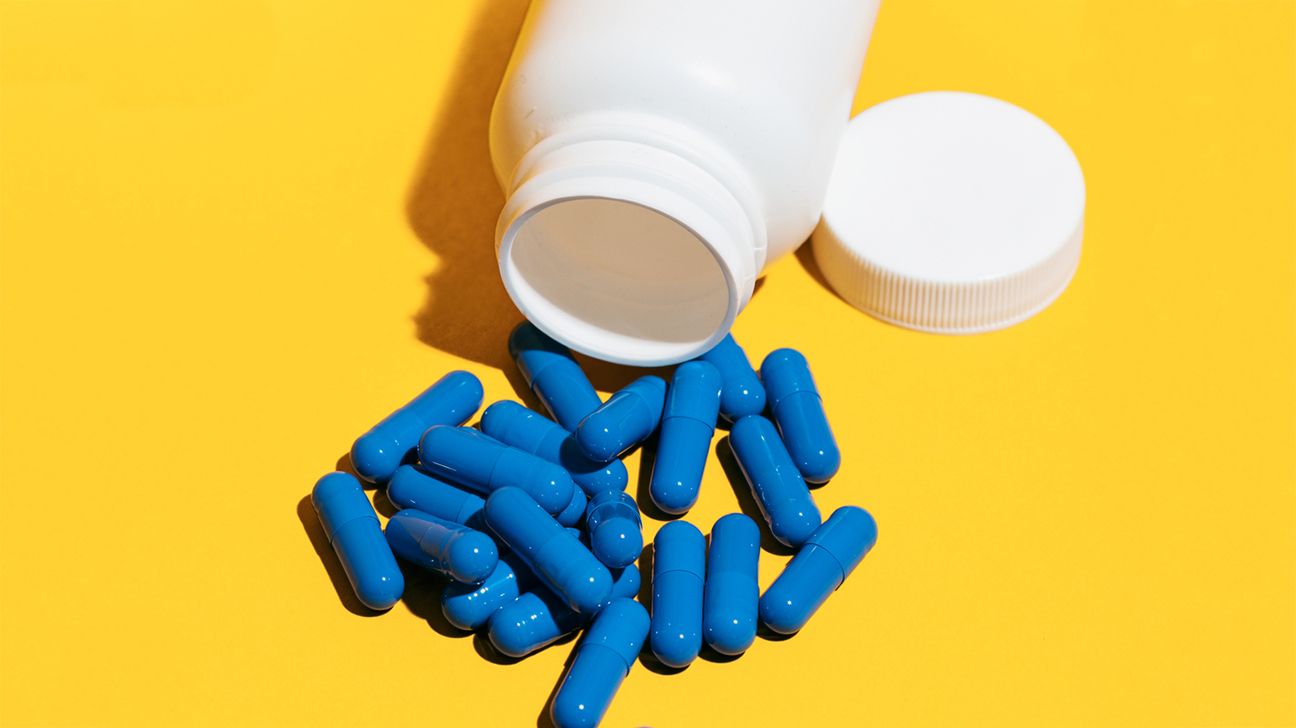If you’ve done any research on weight loss supplements online, chances are you’ve found articles about one called Lipozene. While some people shower this weight loss supplement with rave reviews, others warn about potential side effects.
There’s no quick fix for weight loss, so we understand if you’re wary of putting your trust in products on the internet. We’ll take a deep dive into what exactly Lipozene is, its efficacy, and its safety, so you can make an informed choice.
Word of wisdom:
We recommend talking to a medical professional before taking any dietary supplements!
Lipozene is a weight loss supplement that’s primarily made up of glucomannan. No worries if you’ve never heard of that before. Glucomannan comes from the konjac root, aka elephant yam, which is a starchy tuber like a potato.
Konjac root is a common ingredient in Japanese shirataki noodles. You may also see it referred to by its Hindi name, “suran,” on cooking blogs.
Lipozene is a commercial-grade glucomannan product, which is why you’ll see it sold in capsule and powder forms online. As a supplement, glucomannan is mixed with magnesium silicate, stearic acid, and gelatin — so it’s not vegan, friends.
Water-soluble, you say?
Glucomannan is a water-soluble fiber, meaning it can be absorbed in water and into your bodily tissue. (The other main type of fiber is insoluble fiber, which doesn’t dissolve while working its way through your gut.) Your body needs both types of fiber to stay healthy.
There’s no such thing as a magic pill, and Lipozene is no exception.
Here’s what we do know: According to various studies, dietary fiber intake tends to go hand in hand with a lower body weight. Since glucomannan is the water-soluble fiber extraordinaire, and it’s the main ingredient in Lipozene, here’s how the supplement could affect weight loss:
It promotes a healthy gut
Glucomannan is a prebiotic, which means it feeds the good bacteria in your gut. According to a 2006 study, it promotes lactic acid in stool, which means it keeps the friendly microbes flowing through the gastrointestinal tract.
Your gut bacteria may have something to do with your weight: Having a balance of the two dominant types of gut bacteria tends to coincide with a leaner frame.
It makes you feel full
Glucomannan absorbs water like a sponge and eventually expands in your stomach. Therefore, the fiber may help you feel full longer.
It’s low in calories
Lipozene is low in calories and sometimes has no calories. So on top of helping you feel full, it doesn’t add any extra calories to your (literal and figurative) plate.
A 2008 review of 14 studies found that glucomannan significantly reduced LDL cholesterol and body weight.
But let’s be clear: Lipozene on its own isn’t going to manifest your dream body or your goal weight.
It’s a supplement meant to… well, supplement a healthy, low calorie diet and good old-fashioned exercise.
As with any supplement or medication, there are side effects and interactions to be aware of. Talk to your healthcare provider before taking Lipozene or any other new supplement to make sure it’s safe for you.
Dangers of taking glucomannan
Some of glucomannan’s side effects can be unpleasant. The National Institutes of Health warns of stomachaches, constipation, gassiness, and diarrhea.
Glucomannan can also interfere with your body’s ability to absorb certain oral medications, reducing their efficacy. And because glucomannan can lower blood sugar, it could cause serious issues for people taking diabetes medication.
Glucomannan is a soluble fiber, and soluble fibers are known to have health benefits, so signs point to “yes.”
Glucomannan can help:
- Improve your gut health: With its prebiotic properties, glucomannan feeds good gut bacteria in your large intestine. This leads to the production of short-chain fatty acids, which can lower your risk of developing certain diseases.
- Lower your risk of disease in general: Glucomannan is thought to help lower blood sugar, cholesterol, and blood pressure, which can reduce your risk of type 2 diabetes and heart disease.
- Reduce constipation: Glucomannan can help everything run smoothly, if you know what we mean. Soluble fiber absorbs water into your gut, which helps promote regular bowel movements.
You can take two capsules of Lipozene with at least 8 ounces of water a half-hour before your meal, up to three times a day (1.5 grams per serving, or a total of 4.5 grams per day).
Keep in mind that Lipozene is helpful for weight loss only if it’s taken before the meal. Don’t exceed six capsules in a day.
Glucomannan is sold in both powder and capsule forms. Glucomannan powder is extremely absorbent, and if it’s not taken properly, it can expand in your body before it’s fully digested and potentially cause a gastrointestinal obstruction.
FYI:
Inhaling glucomannan can be lethal. Just👏 don’t👏 do👏 it.👏
Possible side effects from Lipozene include:
- stomachache
- diarrhea
- nausea
- constipation
Lipozene, which contains the water-soluble fiber glucomannan, can reduce body weight, total cholesterol, LDL cholesterol, triglyceride levels, and blood sugar. But it’s crucial to understand that weight loss supplements aren’t mystical perfect-body makers.
You’ll still need to eat well and work out if you want to lose weight. And make sure to talk to your doctor before taking any weight loss supplements.


